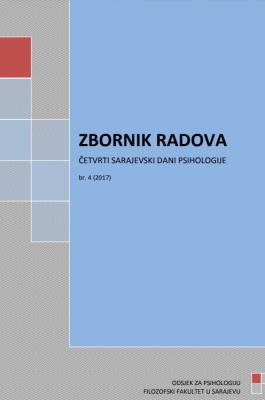
Mindfulness – a Neuro-Psycho-biological Way forward for Defining Spirituality
Uważność jako neuro-psycho-biologiczna próba zdefiniowania fenomenu duchowości
Keywords: mindfulness; meditation; spirituality
The aim of this article is to present the literature with the purpose of exploring the spiritual elements of mindfulness as they may be integrated into practice. Mindfulness meditation can foster an increased sense of spirituality by disengaging from a narrow self-focus, and engaging a much broader view of interconnectedness in which oneself is not seen as separate from other people and the world. Integrative theoretical framework of self-awareness, -regulation, and -transcendence (S-ART) explains the mechanisms of mindfulness. The proposed framework informs research in the contemplative sciences about definition, typology, structure, function, correlates and dynamics of spirituality, meditation, contemplation and mystical experiences
More...

